Under the leadership of the Communist Party of Vietnam , especially the role of President Ho Chi Minh, over the past 95 years, the Vietnamese revolutionary press has grown remarkably in both quantity and quality, content and form; as well as the unprecedented growth of the team of journalists.
From the first issue of Thanh Nien Newspaper on June 21, 1925 to August 1945, for 20 years, our country's press activities were always closely linked to the revolutionary movement of the people. After many years of wandering abroad, President Ho Chi Minh returned to the country and founded the newspaper Vietnam Independence, calling on the people to unite and rise up to fight against the French colonialists.
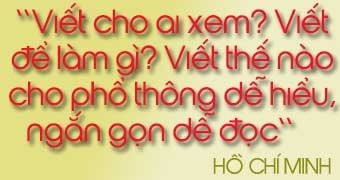
Although he was very busy with the work of a President, he was always interested in the development of revolutionary journalism. Speaking about the goals of revolutionary journalism, in his speech at the 2nd Congress of the Vietnam Journalists Association (April 1959), he pointed out: “Regarding the content of writing, which you call the topic, all the articles I wrote had only one topic: fighting against colonialism, imperialism, feudalism, landlords, propagating national independence and socialism. That is my fate with the press.”
During his revolutionary career, Uncle Ho wrote about 2,000 articles and works of various genres, signed with 174 different names, aliases and pen names. These are important theoretical works, a guide for our Party and people in the revolutionary stages.
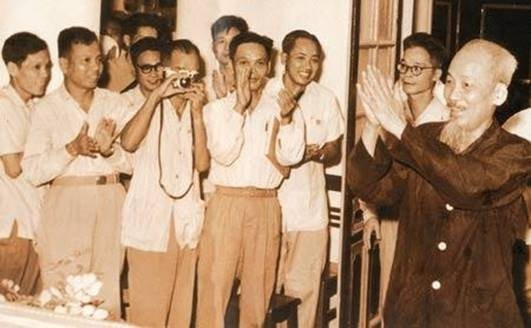
According to him, there is an organic unity between revolution and the press, because “Our regime is a democratic regime, thoughts must be free. On an issue, everyone expresses their opinions, contributing to finding the truth. When everyone has expressed their opinions, has found the truth, then the right to freedom of thought turns into the right to freedom to obey the truth. The truth is what is beneficial to the Fatherland, to the people. What is contrary to the interests of the Fatherland, of the people is not the truth.”
Stemming from the purpose of revolutionary journalism is for the people and from the great role of journalism in society, he reminded journalists: “If you do not know clearly, do not understand clearly, do not speak, do not write. When there is nothing to say, nothing to write, do not speak, do not write nonsense”. In order for journalism to always be a forum for the people, he affirmed: “A newspaper that is not desired by the majority (of the people) is not worthy of being a newspaper”, and “not only writing books, writing articles, but any work that wants to be done well must take the opinions of the people seriously”.
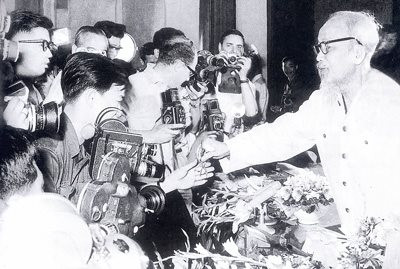
Also to protect the people's interests, for Ho Chi Minh, the press is not only a collective propagandist, collective agitator, collective organizer; but also a sharp weapon against all reactionary and negative manifestations that go against the interests of the people and the country; the press is a tool for social struggle, national struggle and class struggle.
Uncle Ho's advice to journalists
During his revolutionary career, President Ho Chi Minh always considered the press and journalists as a part of the revolutionary cause, a sharp weapon in the struggle for national independence and building a new life for the people.
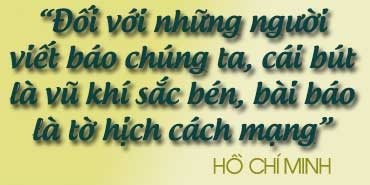
Uncle Ho pointed out: “Journalists are also revolutionary soldiers. The pen and paper are their sharp weapons.” He said: “The article is a revolutionary proclamation.” Therefore, the first thing that any writer on the revolutionary press front must clearly understand is the goal and mission of the revolution. As Uncle Ho once said: “If you shoot, you must have a target, you must have a target.” That means the pen must be attached to the object.
The person who makes it clear must write at the right level for the audience, write clearly and neatly. The teacher must learn how to speak, the language of the masses, do not be greedy to use words, do not use words that you do not know well, use words that our language has, only use words when absolutely necessary, so that the masses can all understand, all believe, all are determined to follow your call. Writing must be practical, timely, "speak with evidence, tell with proof", that is, say where that matter is, how, when, how it was born, how it developed, what were the results?
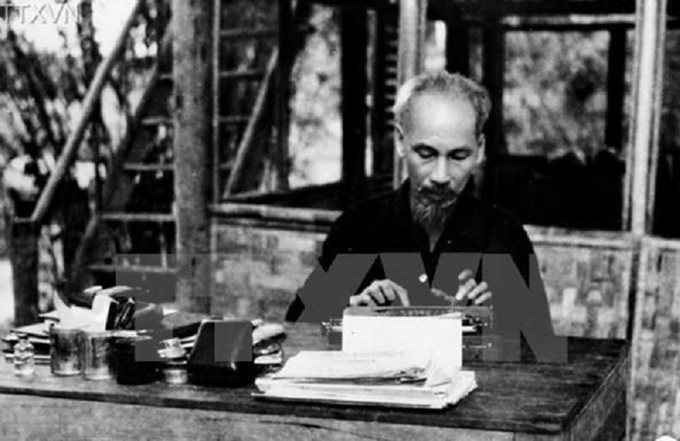
Each of his articles is naturally and smoothly suitable in language and expression to the level of awareness, understanding and way of thinking of each subject. They all originate from real life with numbers and events that have been considered, checked and selected, bringing readers and listeners a high amount of accurate information.
Uncle advised journalists: “When a revolutionary encounters difficulties, he must overcome them, not give up on them. Some people only want to do something to leave their name forever. They want to write articles to show off, to publish their articles in major newspapers. That is also not right. Those shortcomings are all born of individualism. They do not see that: doing anything useful for the people, for the revolution is glorious. If you want to progress, if you want to be good, you must try to learn, work hard to practice. Do not be self-centered or think that you are great. Self-centered means conceited, and conceited is a fierce enemy, it blocks our path of progress.”
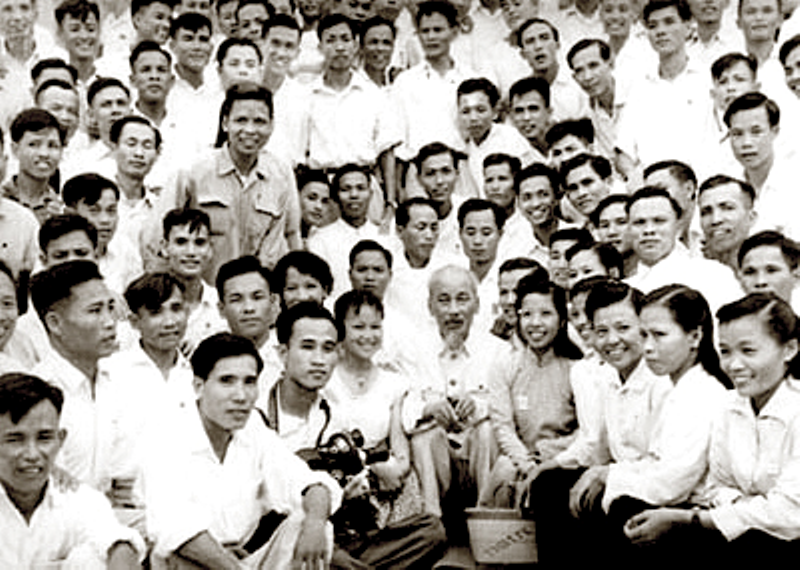
How to write simply and truthfully
According to the President's point of view, the main object of reflection and service of the press is the people. In "Letter to the Huynh Thuc Khang journalism class" in 1949, President Ho Chi Minh stated: "The object of the newspaper is the majority of the people. A newspaper that is not favored by the majority of the people is not worthy of being a newspaper".
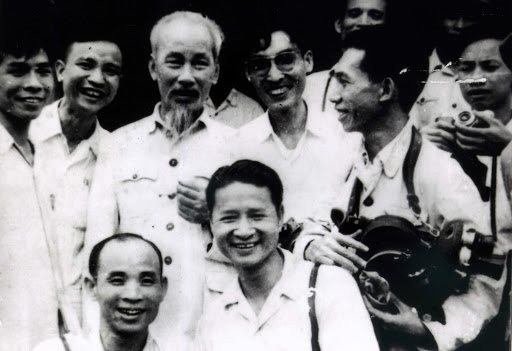
At the 3rd Congress of the Vietnam Journalists Association (1962), Uncle Ho once again affirmed: "The task of the press is to serve the people, to serve the revolution". All revolutionary tasks are the tasks of the press, that task covers the entire revolution, serving all aspects of social life, economy, security - defense, international relations.
Clearly identifying the main target of revolutionary journalism, Uncle Ho also raised the issue of how to write in a simple and truthful way so that people can understand it most easily. He emphasized that we must write at the right level for the audience, write clearly and concisely; do not be greedy in using words, do not use words that we do not know well, use words that our language has, only use words when absolutely necessary, so that the masses can understand, believe, and be determined to follow our call. President Ho Chi Minh always demanded to preserve the purity of the Vietnamese language and protect and develop the nation's language. He advised journalists to be responsible and not let our mother tongue gradually fade away.
Journalism must tell the truth.
From his experience in journalism and from President Ho Chi Minh's perspective on the effectiveness and usefulness of the press, he noted that the first topic for writers is "what they see and hear". That means that writing must first be truthful, based on real life with numbers and events that have been examined, checked and selected. Because according to him, truth is both the strength of speech and writing and at the same time the measure of morality of revolutionary journalists.
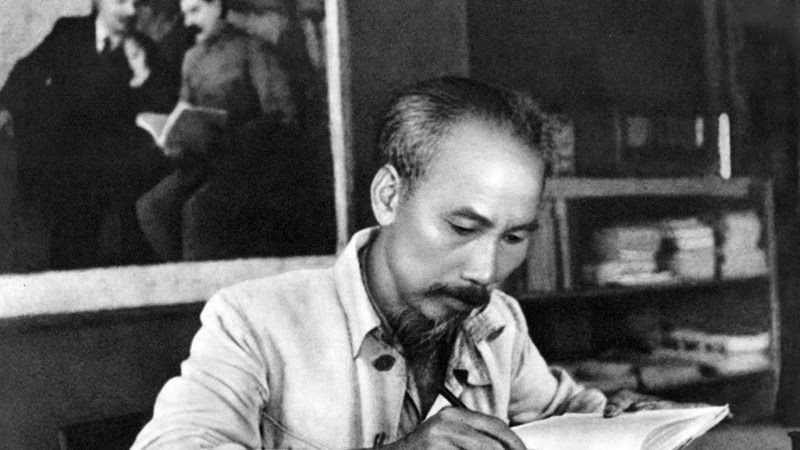
At the 2nd Congress of the Vietnam Journalists Association (April 16, 1959), Uncle Ho commented that the advantages of journalists are fundamental but there are still many shortcomings. One of those shortcomings is "not having a firm grasp of political issues". Therefore, he advised: "All journalists must have a firm political stance. Politics must be mastered. If the political line is correct, then other things can be correct".
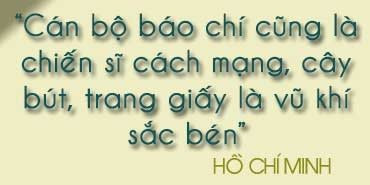
More than anyone else, every journalist and reporter must uphold their responsibility and mission to society, the duty of a citizen to the country, constantly practice and strive to improve their political qualities, maintain professional ethics so that the press is worthy of being a sharp tool, effectively serving the revolutionary cause of the Party and the people.
Learning from Uncle Ho about journalism is also learning professional ethics and behavioral culture.
Not only creating conditions for journalists to work, Uncle Ho also directly helped with editing. In the report on the Opening Ceremony of the National Heroes and Emulation Fighters Congress in 1959 by Nguyen Manh Hao (Vietnam News Agency) submitted to Uncle Ho for approval, there was a sentence: "The heroes and emulation fighters, men and women, old and young"... Uncle Ho held a red pen, used parentheses to change "men and women" to "girls and boys". Uncle Ho said: To have "men and women", boys before girls is to disrespect women; moreover, to have "men and girls" makes people easily think about boys and girls, which is not good.
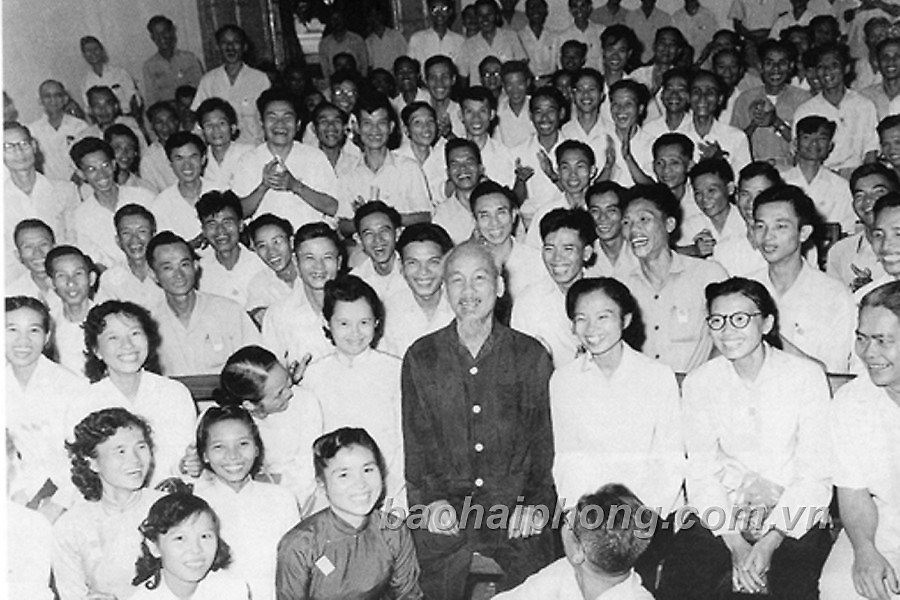
Looking at Vietnam Pictorial No. 7/1965, he saw an article titled "The higher you climb, the harder you fall." Uncle Ho immediately commented: "The press must write accurately. Who climbed higher? Who fell harder?" When looking at the poster on the cover of Vietnam Pictorial No. 4/1968 with the content "Hanoi welcomes Hue and Saigon", Uncle Ho criticized: "The painting is not correct! Why, of the three girls, is the Hanoi girl bigger and more prominent than the other two?"

In early 1967, Uncle Ho sent two photos to Vietnam Photo Newspaper, one of a small militiaman carrying a tall American pilot with his head bowed; the second photo of a nurse bandaging a wounded American pilot. These two photos, published in Photo Newspaper No. 2/1967, created a strong impression.
His precious legacies, including Ho Chi Minh's ideology, ethics, and journalistic style, will forever shine in the hearts of writers and in the career of Vietnam's revolutionary journalism.
Following the example of journalist Ho Chi Minh
Faced with the new requirements of the cause of building and defending the Fatherland, revolutionary press develops in a professional and modern direction, truly being the voice of the Party, the State, social organizations and a forum for the people, contributing to orienting public opinion, connecting "the Party's will with the people's heart", strengthening the strength of national solidarity. To do that, the team of journalists in the country needs to actively cultivate and practice political qualities, professional ethics, professionalism, and journalistic style following the example of journalist Ho Chi Minh.

First of all, learn from Uncle Ho in honesty in journalism. This is a professional ethics, the foundation of a journalist, requiring honesty when writing articles, respecting the truth, not distorting information or chasing profits by presenting "sensational" events to attract readers, "stirring up" available information to write articles. All information given to the public must reflect the true nature of objective truth, providing the public with a true picture of the events and situations being reported, thereby guiding and orienting public opinion.
Second, emphasize the combativeness and orientation in each article. Combativeness is a prominent feature in Ho Chi Minh's journalism style. According to Uncle Ho, journalism is essentially a political activity, journalism is a weapon of revolutionary struggle, so journalists must clearly express their support or criticism of the issues and events they are reporting.
Third, learn Uncle Ho's writing style. Writing style is a typical expression of Ho Chi Minh's journalistic style, so military journalists must learn how to write in a short, concise, condensed, succinct, and highly persuasive style.
Fourth, determine the correct audience and purpose of writing. Learning from his style, during the process of working, journalists must adhere to the principles and purposes, grasp the newspaper's readers in terms of level, thoughts, and aspirations, and must always ask themselves: "Who am I writing for? Who am I speaking for?"

Reality has proven that, under the leadership of the Communist Party of Vietnam, especially the role of President Ho Chi Minh, over the past 95 years, the Vietnamese revolutionary press has grown remarkably in both quantity and quality, content and form; as well as the unprecedented growth of the team of journalists.
In particular, over the past 30 years of innovation, our country's press has taken the lead in orienting ideology, contributing to maintaining political and social stability, actively fighting corruption and negative phenomena in society, contributing to strengthening people's trust in the leadership of the Party and the management of the State; being one of the driving forces directly participating in and promoting the cause of national construction and development.
Performed by: Le Duc (synthesis)
Source: hochiminh.vn; dangcongsan.vn; Chinhphu.vn; baonghean.vn, Phap luat newspaper; ttxvn; vov; internet
Source


![[Photo] Worshiping the Tuyet Son statue - a nearly 400-year-old treasure at Keo Pagoda](/_next/image?url=https%3A%2F%2Fvphoto.vietnam.vn%2Fthumb%2F1200x675%2Fvietnam%2Fresource%2FIMAGE%2F2025%2F12%2F02%2F1764679323086_ndo_br_tempimageomw0hi-4884-jpg.webp&w=3840&q=75)
![[Photo] Parade to celebrate the 50th anniversary of Laos' National Day](/_next/image?url=https%3A%2F%2Fvphoto.vietnam.vn%2Fthumb%2F1200x675%2Fvietnam%2Fresource%2FIMAGE%2F2025%2F12%2F02%2F1764691918289_ndo_br_0-jpg.webp&w=3840&q=75)






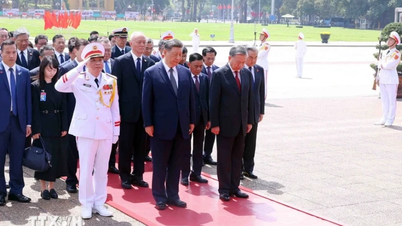

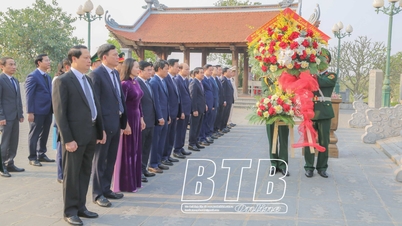
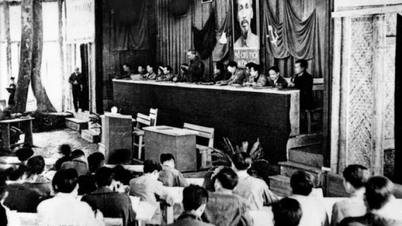

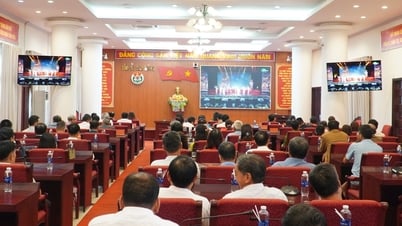

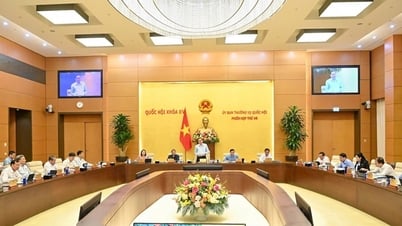
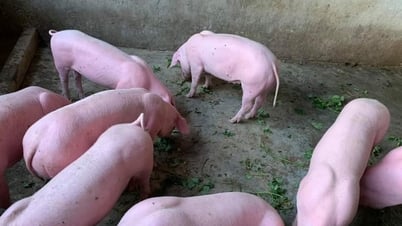

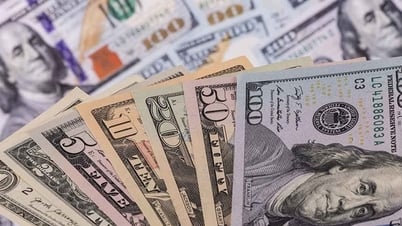




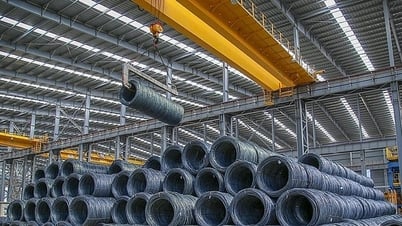




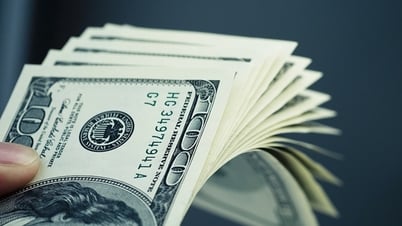




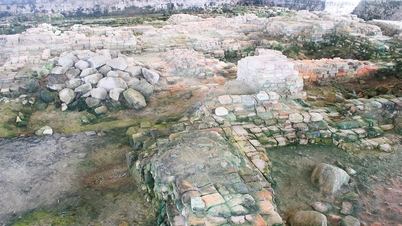



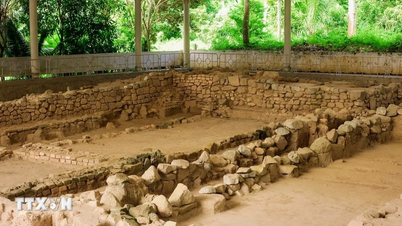

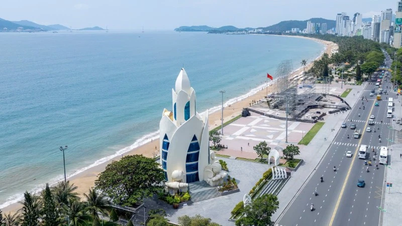






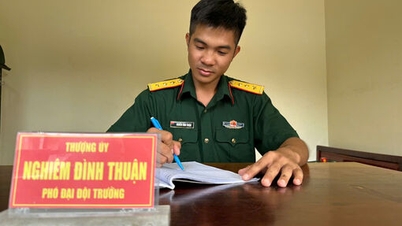

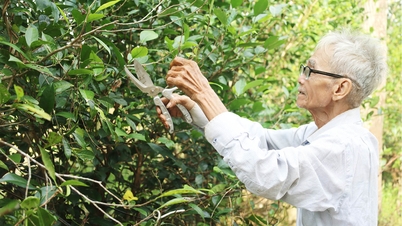

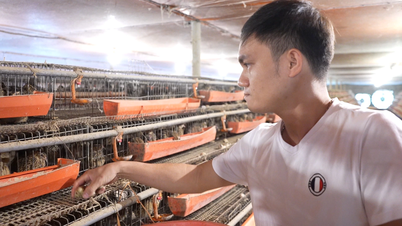


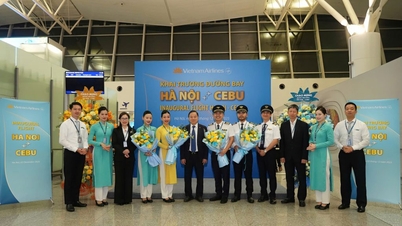


















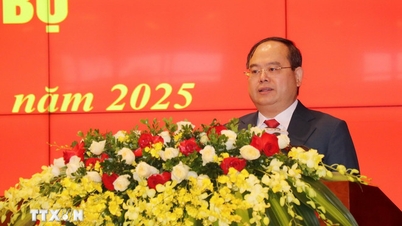
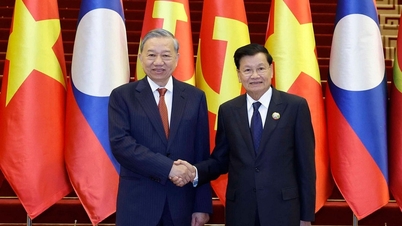

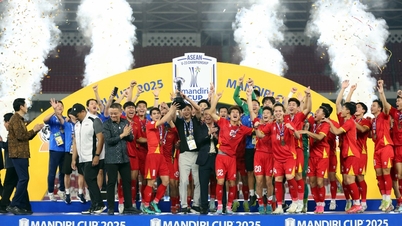


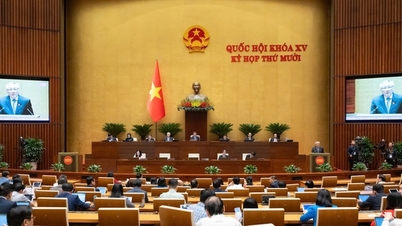


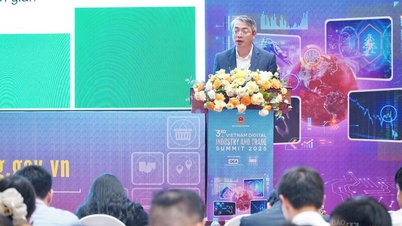

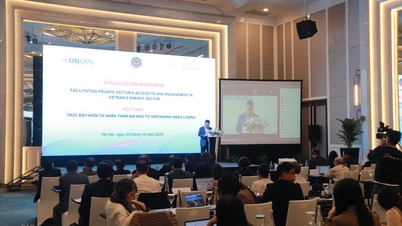

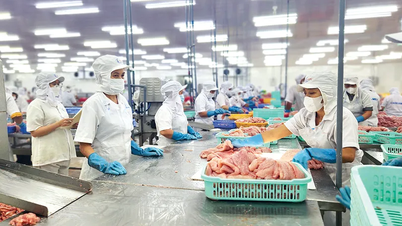



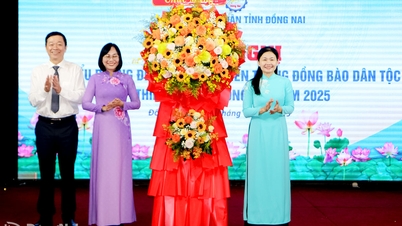

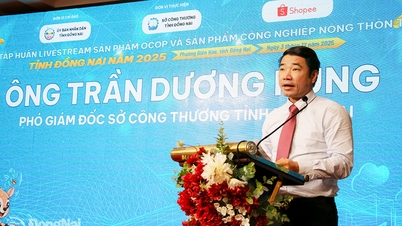


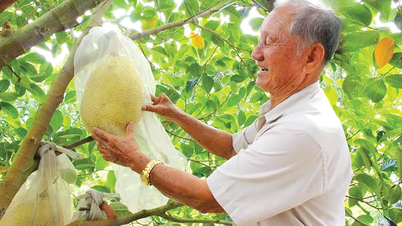













Comment (0)